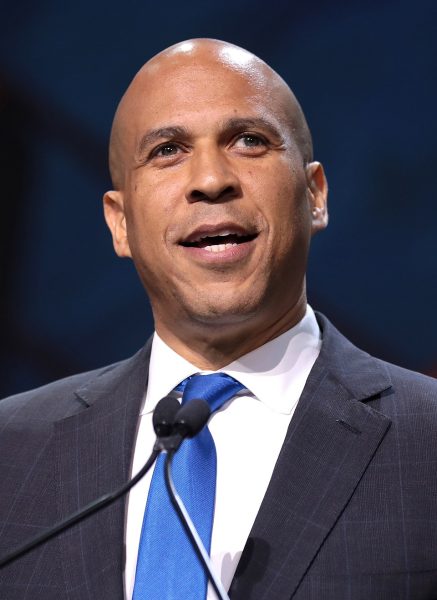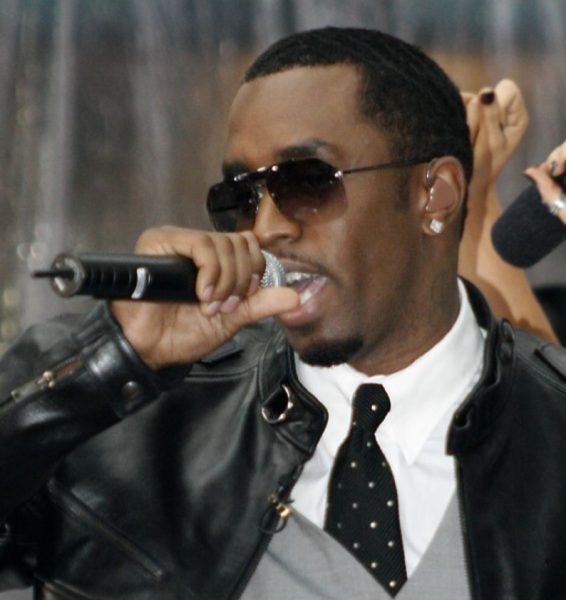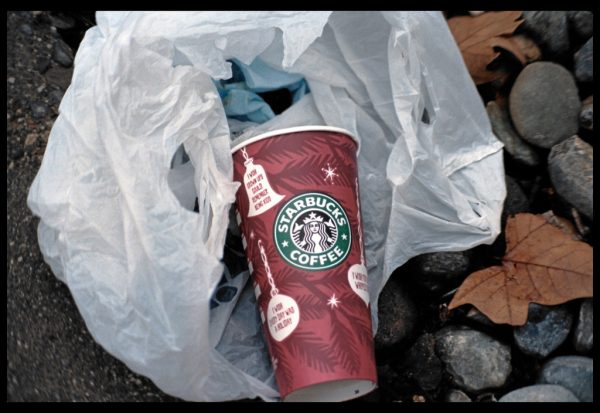Human Trafficking Catastrophe
Modern day slavery may just be under wraps.
Human trafficking practices in Libya have swept the news and angered thousands across the globe.
On November 15, a video of a group of men being auctioned off for $400 in Libya made its way across social media recently and has got heads turning. With poor government regulation in Libya, the human trafficking problem is not new, migrants have been taken advantage for years. The power of social media has made the humanitarian crisis known to nearly the entire globe. Leaders from various countries are responding and doing what they can to help migrant in time of need.
Over time, the Libyan Coast Guard has cracked down on the thousands of boats that are allegedly smuggling migrants illegally to Europe. To keep the migrants contained, they are held in Libyan detention centers. The conditions are poor and described as “horrific”.
Migrants who have been stuck in Libya, due to attempt at migrating to Europe, are being subjected to murder, rape, robbery, and most prominently, slave trade. Due to the limited laws and regulations in Libya, slave trade has been brought up.
“Does anybody need a digger?” asks a salesman at a slave auction, “… this is a digger, a big strong man, he’ll dig.” Hundreds of refugees are auctioned off in similar ways all across Libya in locations like Zuwara, Castelverde, Sabratah, and more. They are being sold to do farm work, labor, sexual exploitation, and prostitution.
The Libyan government has launched an investigation based on the allegations. With Libya having a poor regulation system, this crisis will require international assistance. Working closely with Europe, both countries have made a deal to allow emergency repatriation of refugees who are being abused in the slave trade and mistreated in detention centers.
International countries have easily caught wind of the incident due to the viral CNN video, and the response has been immense. African and European leaders have created an evacuation plan to deport nearly 15,000 victims of the crisis out of Libya and into safety. This deal will also include a plan of action to target the source of the problem-human trafficking networks-to dismantle any means of the network that is involved in the act of the slave trade, according to BBC reports.
International leaders are not happy with the crisis either. Nigerian President, Muhammadu Buhari, was revolted post-hearing the news of his own people being treated “like goats,” he says. Taking action, on the 29th of November, Buhari had over 200 of the migrants sent back to Nigeria. The United States Ambassador, Nikki Haley, denounced the issue as well. “To see the pictures of these men being treated like cattle, and to hear the auctioneer describe them as, quote, ‘big strong boys for farm work,’ should shock the conscience of us all,” Hayley told TIME Magazine.








